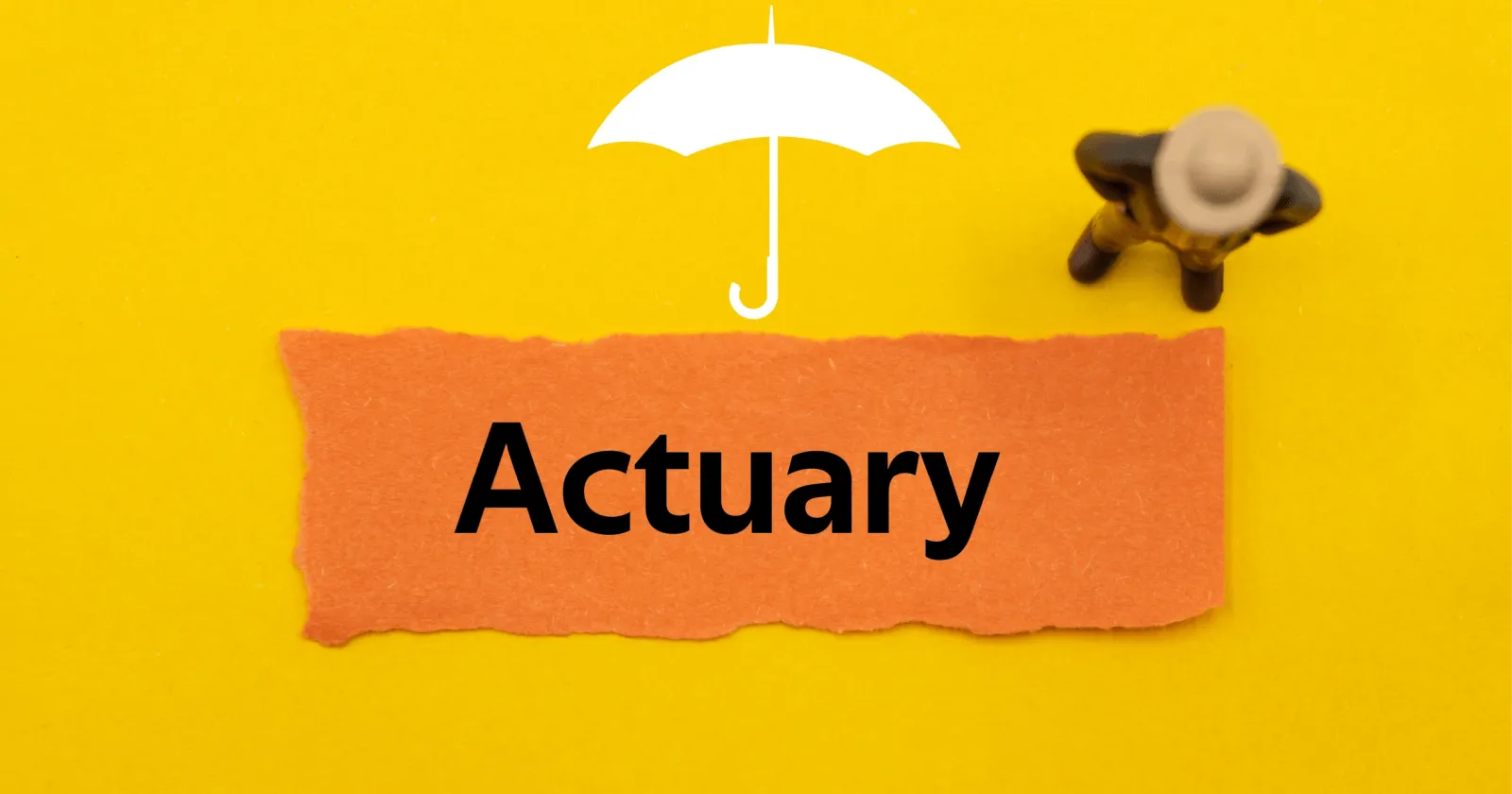Petrol Prices in India
Introduction to petrol prices in India
Petrol prices in India are revised on a daily basis with effect from June 15, 2017. To be precise, the petrol prices get updated at 6 AM every day, which is also called the dynamic petrol pricing method.
Overview of the fuel market in India
The history of the petroleum industry in India dates back to 1889 when the first oil deposits were discovered in the country. Currently, India imports around 82% of the required oil. However, the government aims to cut down on imports by adopting alternative energy sources.
Currently, the Indian fuel market is dominated by state-owned companies like Bharat Petroleum Corporation Limited (BPCL), Indian Oil Corporation Limited (IOCL) and Hindustan Petroleum Corporation Limited (HPCL).
India’s fuel demand is likely to grow in the coming years due to factors such as population growth and economic development. The increase in demand for fuel can also increase oil imports. However, the government aims to reduce imports by developing and using alternative fuels, which will also positively impact the environment.
Role of petrol in transportation in India
Petrol plays a crucial role in transportation in India. Petrol-powered vehicles account for most vehicles on the road, including scooters, motorcycles, cars and auto-rickshaws. The petrol vehicle market share figures also paint the same picture. For instance, petrol cars accounted for 76% of the market share in the financial year 2021.
Petrol vehicles are affordable compared to other fuel-type vehicles. Apart from that, petrol is easily available through a wide-spread network of retail fuel stations in the nook and corner of the country. All these factors combined make for a strong case for petrol-powered vehicles. Hence, petrol as a fuel is critical for transportation, especially personal transportation.
History of petrol prices in India
This section throws light on the history of petrol in India, in terms of usage and price evolution. The following sections will give you a better idea about the early history of this fuel.
Early history of petrol in India
Going back in time, petrol usage in India for transportation began in the early 20th century. Initially, petrol was used in automobiles imported from the United States and Europe. At that point in time, the demand was very low as the upper and middle classes mainly consumed it.
Later on, the government set up the Indian Oil Company (now known as Indian Oil Corporation Limited) in the 1930s. The state-owned company was given the monopoly over oil imports, refining and distribution of fuel in the country. Post World War II, the demand for petrol increased as more and more people started using petrol-powered vehicles.
Evolution of petrol prices over time
The government heavily controlled and regulated the petrol price during the early years, and prices were low and stable. However, in the 1970s, the government had to hike the prices to compensate for the increasing cost of oil imports. Petrol prices remained stable during the 1980s and 1990s.
The crude oil price in the international market began to rise in the 2000s, which led to an increase in fuel prices. Then the government gradually started deregulating the prices in the early 2010s and allowed for more frequent price fluctuations depending on the oil prices. It also led to more volatility in petrol prices, and at times there were sharp price hikes.
The current system of petrol pricing is more dynamic as it is revised on a daily basis depending on the oil prices and the Rupee to the Dollar exchange rate. Overall, the evolution of petrol prices in the country has been influenced by factors such as crude oil prices, economic conditions and government policies.
Major events that have impacted petrol prices in India
Here are some of the prominent events that influenced petrol prices in India.
- Crude oil price fluctuations
- Economic downturns and recessions
- Government policies
- Political conflicts
- Natural disasters in the oil-producing countries
- Currency exchange rate fluctuations (Rupee to Dollar)
- Technological developments
- Environmental regulations
Current state of petrol prices in India
In this section, let’s look at the current scenario of petrol prices in India, including the prices in different cities and comparison with other countries around the world.
Average petrol prices in different cities in India
The average price of petrol in different Indian cities depends on various factors such as state government taxes and transportation costs. Moreover, the prices also fluctuate on a daily basis due to the dynamic method. However, the prices are likely to be on the higher side in metropolitan areas where the demand is high, and the cost of living is higher. In contrast, the prices can be low in other less developed cities where demand is low.
Comparison of petrol prices in India to other countries
Petrol prices in India are relatively low compared to other countries. To put this into measurable terms, as of June 2022, a litre of petrol in the United States costs Rs. 107 compared to India's pricing of Rs. 104. However, in some Asian countries, the prices are lower compared to India. Lastly, the major oil-producing countries have much lower petrol prices.
Factors that influence petrol prices in India
Several factors affect the prices of petrol in India. The following subsections will highlight them in detail.
International crude oil prices
India is a major importer of crude oil. Hence, the fluctuations in international crude oil pricing directly affect the price of petrol in India. For instance, if the oil prices go up, the petrol prices will also go up in India. In case of a fall in crude oil prices, domestic fuel prices will also come down.
Currency exchange rates
Another critical factor impacting the prices of petrol in India is the currency exchange rates. The value of the Indian Rupee against the U.S. Dollar plays a crucial role in determining petrol prices in India. It is due to the fact that the international oil trade is made in Dollars.
Government taxes
The Government of India and the respective state governments impose certain taxes on petrol, such as excise duty, VAT (Value Added Tax), etc. The taxation significantly impacts the petrol price in the country.
Refining costs
Petrol is a by-product of crude oil, and it is extracted through the refining process. Hence, the cost involved in this process can also influence the price of petrol.
Distribution and transportation costs
The cost of transporting and distributing petrol from refineries to retailers or fuel pumps can influence the final price of petrol.
Demand and supply
Market forces also play a role in influencing petrol prices. In other words, if the demand for fuel becomes high and supply is low, the price of petrol will eventually go up. Similarly, if there is an excess supply of petrol and demand drops, petrol prices will also drop.
Geopolitical events
Events such as political conflicts and natural disasters in the world's oil-producing nations can have a domino effect on the supply of crude oil. It can lead to fluctuations in petrol prices.
Impact of petrol prices on consumers and industries in India
Petrol prices can have a significant impact on consumers and industries. In this section, let’s look at the implications of petrol price fluctuations.
Cost of transportation for individuals and businesses
For individuals or consumers and businesses, the high petrol price significantly increases the cost of transportation. Hence, it may have a direct implication on the cost of goods and services.
Effects on the cost of goods and services
Petrol is a significant input cost for many industries. High petrol prices will result in an increase in transportation and production costs. Hence, to offset the high input costs, industries will be forced to increase the cost of goods and services.
Impact on industries that rely heavily on petrol
Petrol-dependent industries such as logistics and delivery companies may feel the heat of high petrol prices. When the input costs rise, it is natural that the prices of goods and services will also go up. In other words, it can be termed a chain reaction. It can also lead to lower demand for goods and services and lower economic growth. However, note that the overall impact on the cost of goods and services also depends on other factors like taxes, government policies, subsidies, etc.
Possible solutions for fluctuating petrol prices in India
Here are the potential solutions for petrol price fluctuations in India. However, do note that these solutions have their set of advantages and disadvantages. Also, the impact of each solution can vary depending on the economic and political situation.
Use of alternative fuels
Authorities can encourage the use of alternative fuel sources such as electric vehicles, biofuels, hydrogen fuel cells, etc. It will reduce the dependence on petrol and keep the petrol price fluctuations in check.
Increase fuel efficiency
Authorities can also encourage the use of fuel-efficient vehicles and practices that enhance the efficiency of vehicles and industrial processes. It can help reduce the demand for petrol and decrease the volatility in prices.
Government intervention
The government can take matters into its own hands by adjusting taxes and providing subsidies to consumers to offset price fluctuations. However, such measures depend on government policies.
Petrol station brands in India
Petrol is a fuel that is easily available in India thanks to the petrol stations that are present in the nook and corner of the country. In this section, let's look at some of India's major petrol pump brands. Note that they are not ranked in any order and are mentioned for informational purposes only.
1. Indian Oil Corporation Limited (IOCL)
Indian Oil is the largest oil and gas company in India, owned by the Government of India. It operates a network of petrol stations across the country under the brand name IndianOil Xpress.
2. Bharat Petroleum Corporation Limited (BPCL)
Bharat Petroleum is also a government-controlled oil and gas company in India. It operates a network of petrol pumps across the country under the brand name BPCL Petrol Pump.
3. Hindustan Petroleum Corporation Limited (HPCL)
Hindustan Petroleum operates a couple of major oil refineries in India and produces an array of petroleum products. It operates a network of petrol filling stations across India under the brand name HP Petrol Pump.
4. Shell
Royal Dutch Shell is a multinational oil and gas company. The firm operates a network of petrol filling stations in India under the brand name Shell Petrol Station.
5. Reliance Industries Limited
Reliance Industries is a privately-owned oil and gas company in India. It is one of the largest private-sector oil companies in the country and runs one of the largest oil refineries in India. The company operates a network of petrol stations under the brand name Reliance Petrol Station.
6. Essar Oil
Essar Oil is a private-owned oil and gas company, which is part of the Essar Group (previously known as Nayara Energy). It operates a network of petrol filling stations in the country under the brand name Essar Petrol Station.
Do petrol prices impact motor insurance?
Petrol prices and motor insurance are related to each other in more than one way. High petrol prices can trigger a chain reaction which can trickle down to insurance premiums. For instance, a petrol price hike can increase manufacturing costs and, in turn, increase the cost of vehicles. The higher the value of the vehicle, the higher the insurance premium. In contrast, it can also reduce the demand for petrol vehicles, negatively impacting the motor insurance sector.
Note that if you buy a vehicle, motor insurance is necessary, irrespective of fuel type and fuel prices in the market. Hence, it’s better to opt for a motor insurance plan that offers comprehensive coverage. You can also check out our car and bike insurance plans if you are looking to insure your petrol vehicle.
The petrol prices in India fluctuate due to a variety of factors, some of which are listed below.
International crude oil prices
Rupee to Dollar exchange rates
Government policies and taxes
Refining and distribution costs
Supply and demand
The above content is sourced from different platforms on the internet and for informational purposes only. The data/information mentioned on this page is subject to change depending on the government/oil companies' notifications.



